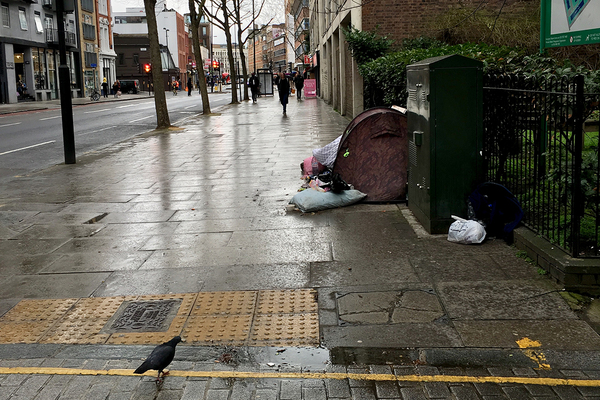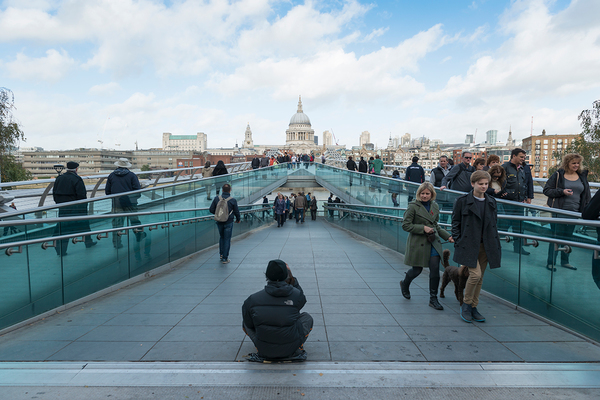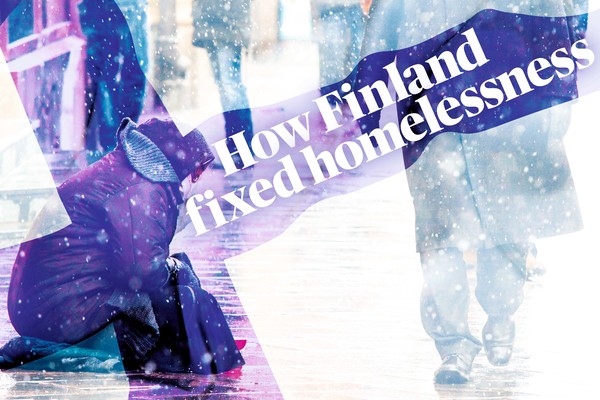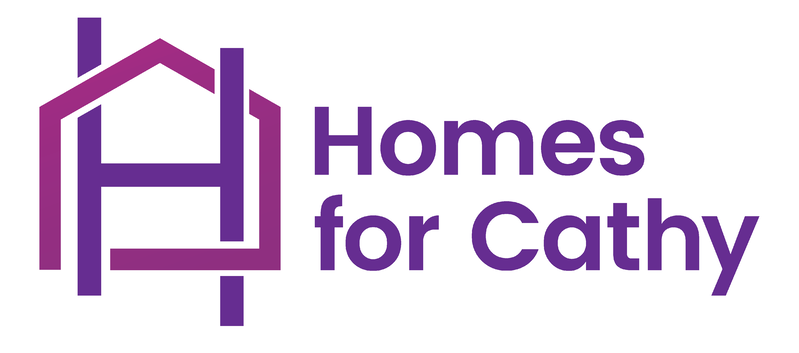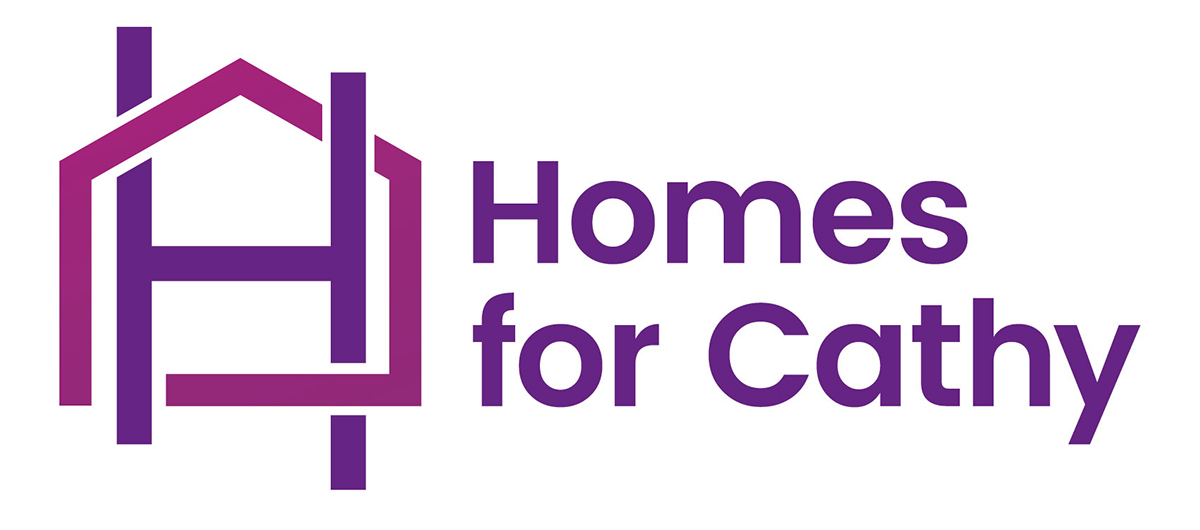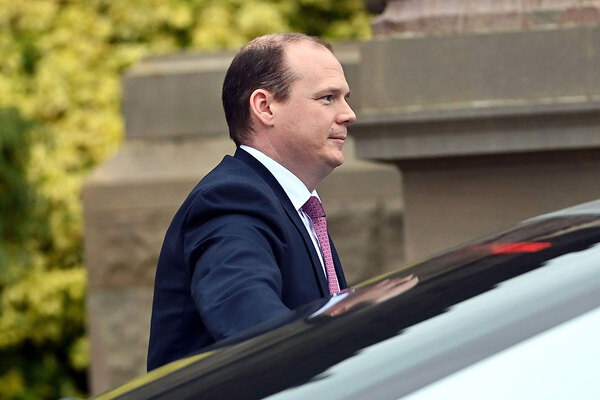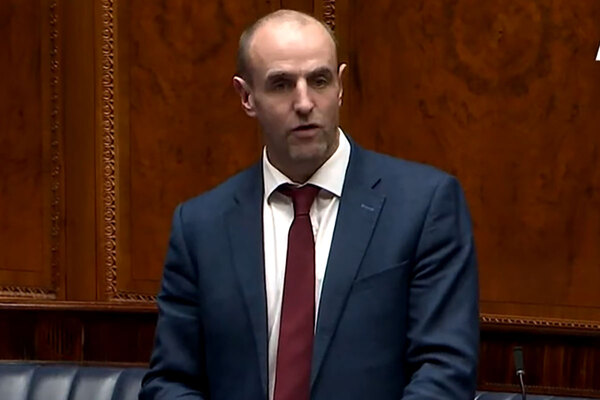EU migrant rough sleepers should have better access to housing and health treatment
In his first blog piece as chief executive, Bill Tidnam says Thames Reach is concerned about the well-being of people sleeping rough who have no recourse to public funds
One of the things that you quickly become aware of when you work with homeless people is that public perception does not always align with reality.
The Greater London Authority funded the Combined Homelessness and Information Network (CHAIN) database which is the most reliable source of information on rough sleeping in the capital, relying as it does on direct reporting by outreach workers.
These reports are published at the end of each quarter and present information about people sleeping rough.
The figures for the last quarter of 2018 paint a complicated picture. Depressingly, the statistics show there has been a 25% increase (to 3,289) in the total number of people seen sleeping rough on the same period in 2017.
There were 1,551 people seen sleeping rough for the first time (38% higher than the same period last year), of whom 83% (1,280) spent only one night sleeping rough.
This is an improvement (Only 77% in Q3 2017) and speaks to the effectiveness of the ‘No Second Night Out’ (NSNO) programme which prioritises early intervention and aims to provide an offer that means people don’t have to sleep out for a second night.
When we look at who is sleeping rough and where they come from, we can see that the number of UK nationals sleeping rough increased from quarter one (1,314) to two (1,519) (53% to 52% respectively), and a small reduction in quarter three (1,493).
The CHAIN database also records the number of people sleeping rough from EU countries where there has been a significant increase, with this group now accounting for 35% (1,073) of all rough sleepers.
The vast majority of this increase is made up of people from central and eastern Europe, with Romania and Poland having the highest numbers.
Delving further, stats from the latest quarter also show that 41 people (2%) had served in the UK armed forces and a larger number of 86 (4%) had served in the armed forces of other countries.
The ‘story’ behind these figures isn’t so complicated. When rough sleepers are new to the street, they are eligible for accommodation in one of the NSNO hubs, which provide short-term shelter and a single service offer of accommodation, health and substance misuse treatment and reconnection to their home area.
After this, the gap between UK and EU nationals widens appreciably. Outreach staff will work with UK nationals to find them accommodation and provide access to benefits support so they can pay for the rent.
Often this accommodation is in hostels and the support offered, although often underfunded, will give people the best chance of rebuilding their lives and moving away from homelessness. If required, people will also be supported to access health and substance misuse services.
Successive changes to the benefits system in response to perceptions of ‘benefits tourism’, means that the majority of EU nationals who are sleeping rough are not able to claim benefits.
As a result, their options are now limited to a voluntary ‘reconnection’ with a return to their country of origin, supported if necessary, with a plan to access the services that they need on their return.
Alternatively, they can find work and use the money to pay for accommodation.
At Thames Reach, we can support with this by helping people find work and brokering access to the private rented sector.
Other groups of EU nationals who are sleeping rough are here to make money.
Typically, they will live in encampments on waste ground or in vehicles and will take ‘cash-in-hand’ work, and they are often quite mobile – returning to their home countries frequently. They are vulnerable to exploitation by unscrupulous employers, but typically have little need for the kind of help provided by agencies like Thames Reach.
“Even for those without significant addiction problems living on the street can be deadly”
We are concerned about a final group of people, those who slip into a ‘street lifestyle’ – they may have untreated mental health problems or controlling addictions to alcohol or drugs, which, as they live on the streets, increasingly limits their ability to find paying work. These people can end up trapped on the streets, unable or unwilling to opt to return home and remain without access to the hostel resources we know could help to break this cycle of decline.
Even for those without significant addiction problems living on the street can be deadly. Gyula Remes, the homeless man found dead outside parliament just before Christmas, is believed to be a Hungarian national, and Marcos Amaral Gourgel who died close by in February last year was Portuguese. Neither of them would have been able to access hostel accommodation. Parliament talked about housing supply and austerity. This all feels depressingly routine.
As a homelessness organisation, with limited resources, we are used to being creative when responding to new challenges. We are committed to ending street homelessness and we are serious about understanding the impact of our work.
We have tried to respond to the needs of this group by providing basic shelter accommodation, which can get people who are sleeping rough off the streets for a while and into an environment where our staff can begin to have a conversation about the limited options available to them.
This issue though is a political question. We are a rich country with considerable resources, and if we are dedicated to ending street homelessness then we need to agree a realistic offer for this group of very vulnerable people.
The alternative is to do nothing and see this group continue to increase (and die) on our streets.
Bill Tidnam, chief executive, Thames Reach
Homes for Cathy conference
Homes for Cathy is joining forces with Inside Housing and the Chartered Institute of Housing to deliver its second annual conference.
The conference will bring together sector leaders, practitioners and real examples of the work being done to end homelessness.
Homes for Cathy members will present and feed back on progress made in delivering the nine Homes for Cathy commitments.
Homes for Cathy is a group of housing associations formed in the Cathy Come Home era, that came together in 2016 to mark the 50th anniversary of Cathy Come Home and to highlight the continuing needs of homeless people.
The event takes place at 28 Great Russell Street, London, WC1B 3LS on 25 March from 9am until 5pm.
Speakers include:
Terrie Alafat CBE, chief executive, CIH
David Bogle, chief executive, Hightown Housing Association
Steve Douglas, chair, One Housing Group
Helen Evans, chief executive, Network Homes
Chris Hancock, head of housing, Crisis
Lord Kerslake, chair, Peabody
Tracey Lees, chief executive, Wandle
Michael Newey, chief executive, Broadlands
Jon Sparkes, chief executive, Crisis
Tony Stacey, chief executive, South Yorkshire Housing
Jeremy Swain, head of the rough sleeping initiative team, MHCLG
For more information about the event click here.
The nine Homes for Cathy commitments
The Homes for Cathy group of housing associations, working with housing charity Crisis, is asking its members to sign up to nine commitments to tackle homelessness:
They are:
- To contribute to the development and execution of local authority homelessness strategies
- To operate flexible allocations and eligibility polices which allow individual applicants’ unique sets of circumstances and housing histories to be considered
- To offer constructive solutions to applicants who aren’t deemed eligible for an offer of a home
- To not make homeless any tenant seeking to prevent their homelessness (as defined in the Crisis plan)
- To commit to meeting the needs of vulnerable tenant groups
- To work in partnership to provide a range of affordable housing options which meet the needs of all homeless people in their local communities
- To ensure that properties offered to homeless people are ready to move into
- To contribute to ending migrant homelessness in the areas housing associations operate
- To lobby, challenge and inspire others to support ending homelessness

